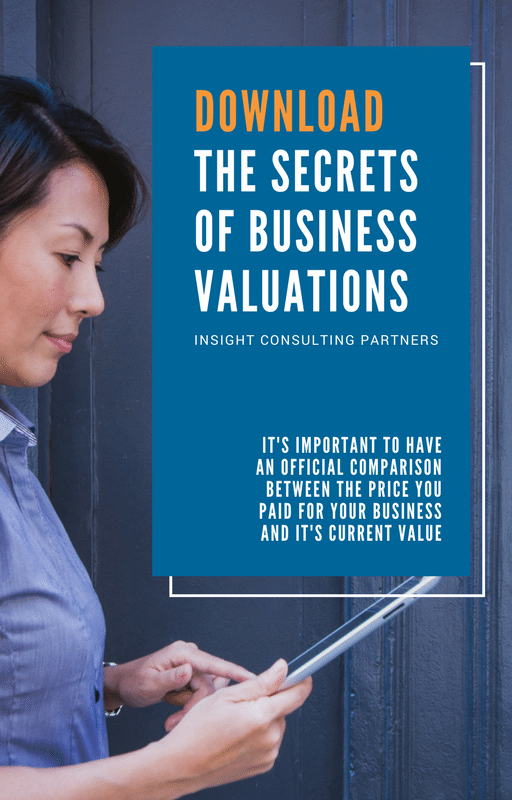In certain market situations, particularly in mergers and acquisitions, the term “goodwill” is often used and you may be asking yourself “What is Goodwill in Business?”. Goodwill in business is a crucial component of the business valuation process because it lets the acquiring company or simply the acquirer know what they are in for in purchasing the target enterprise. To understand goodwill in business, you need to understand its effect on the operation and acquisition processes. When was the last time you walked into Macy’s or Starbucks? How did you feel about the steep prices you paid for the goods? Did you feel that they worth their price? The answers to these questions should help you better understand goodwill.
So, what is Goodwill in Business?
Goodwill in business refers to the component of the value of a business that is not tied to any physical assets or cash. It is the intangible asset that determines the market value of a business and cannot be counted separately from the business.
Goodwill in business is known as an intangible asset because it cannot be touched or seen. For instance, the brand of a business and its reputation in a community reflects the goodwill of that enterprise in that society. Because of its intangible nature, goodwill cannot be transferred among businesses, nor can it be licensed, rented, sold or even exchanged. It cannot be identified separately from the business like other intangible assets such as technology and intellectual rights can. The intangible nature of goodwill along with its indisputable contributions to a business are what make goodwill fall under assets on the balance sheet of any business.
Measuring Goodwill
Though one cannot accurately measure goodwill in business, company owners and stakeholders can estimate the value of goodwill with the help of valuers. Goodwill, in this case, is assigned a monetary value.
When a company is undergoing valuation for the purpose of market positioning or sale, professional valuation firms measure goodwill using the company’s book value as a starting point. Goodwill then becomes any value that falls below or goes above the book value of that company. For instance, if Apple acquired a smaller company for $50 million while the balance sheet showed that the company is worth $45 million, the $5 million purchase consideration would be valued as the goodwill of the business.
Goodwill in business is not just important because it accounts for the value of a business not tied to any tangible income-producing assets. On the contrary, how the market, competitors and other companies in an industry view the business also influences its selling price. It goes without saying that a company with greater goodwill will command a higher price should its stakeholders settle for a sale.
One other point of note when it comes to goodwill in business is that the essentially unseen asset is not always positive. When an acquirer pays a lower price for a target company than the book value, then the business being bought out is said to have negative goodwill. Negative goodwill is usually marked up as an income source for the acquiring company.
Companies can foster goodwill in their respective fields by being mindful of their consumers and producing high-quality goods and services.
We can help you in ensuring that your business practices are maximizing your business value.
Mathieu Paul
Director – Business Improvement
P: +618 6315 2755
E: enquiries@wabusinessvaluations.com.au
The material and contents provided in this publication are informative in nature only. It is not intended to be advice and you should not act specifically on the basis of this information alone. If expert assistance is required, professional advice should be obtained.
Liability Limited by a scheme approved under Professional Standards Legislation

